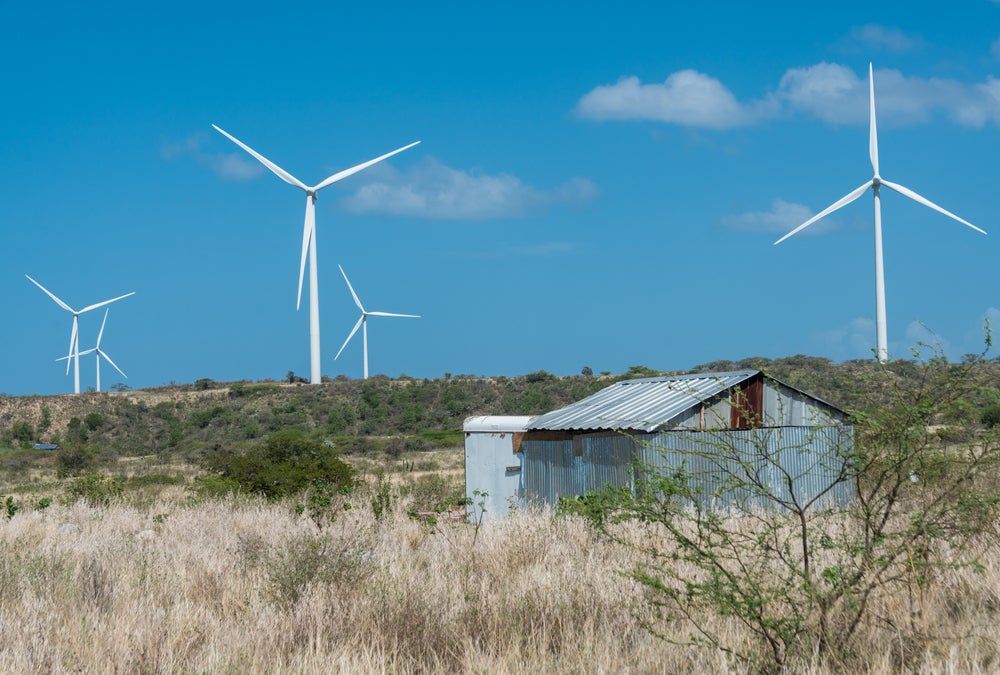Many islands in the Caribbean are moving towards a cleaner, more distributed electricity system but could face rising inequity due to poor institutional alignment, says a report from not-for-profit RMI.

The energy transition will require new regulatory and pricing structures, community education campaigns and better technical capacity at the local level. These requirements need actions from multiple stakeholders such as government agencies and regulatory bodies.
However, alignment across these stakeholders is “far from guaranteed” and could be a major driver of inequity as without coordination, vulnerable communities risk “slipping through the cracks” as the energy system transforms, the report says. It could also lead to confusing policies.
For example, the Development Finance Corporation of Belize has a concessionary loan programme that covers up to 100% of investments in renewable energy and energy-efficient products. However, the country does not have a regulatory framework to promote distributed energy for households, making grid interconnection difficult. The legal uncertainty has dampened demand.
To improve institutional alignment, the report calls on Caribbean governments to develop an 'Energy Equity Framework' that articulates how to include equity in every aspect of the energy transition. Governments should identify vulnerable and marginalised communities that face disproportionate barriers to reliable, clean energy access and devise a tailored community engagement strategy for each group.



